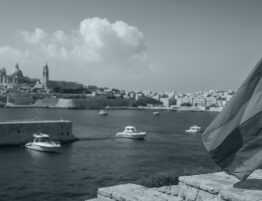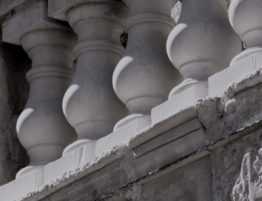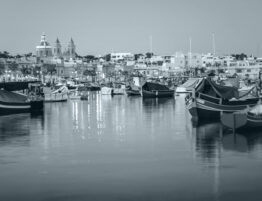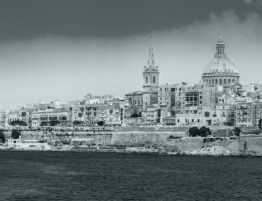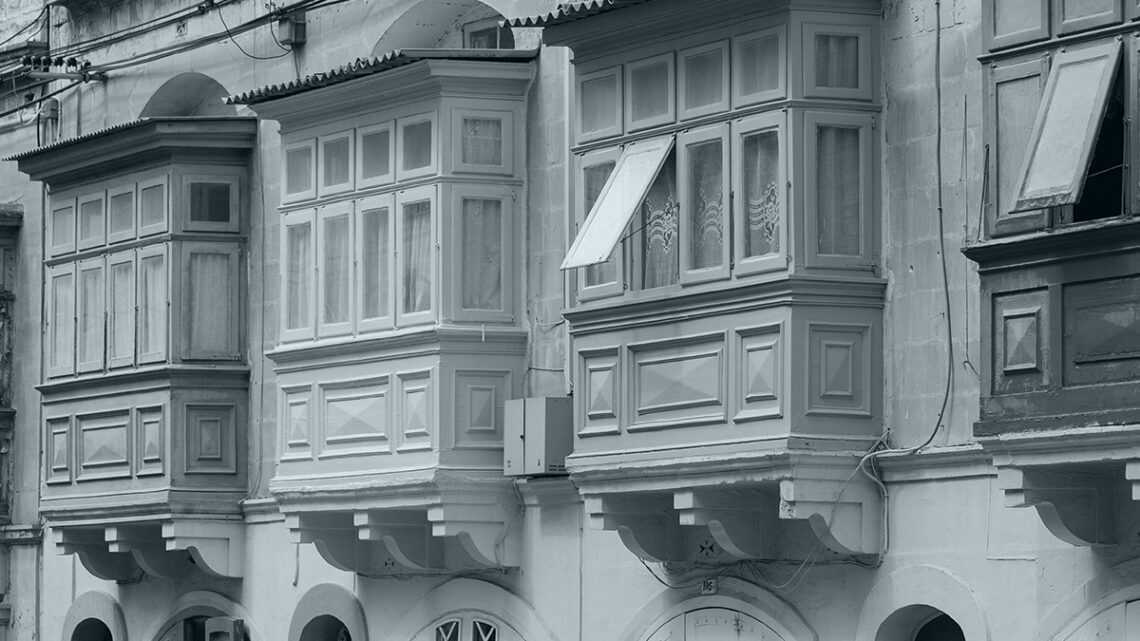
Applying for Maltese citizenship or residence, and relocating to Malta is an exciting venture, offering a blend of Mediterranean charm and weather with sunny summers and mild winters. Malta also boasts a rich historical and cultural heritage with numerous UNESCO World Heritage Sites, including the ancient Megalithic Temples and the historic city of Valletta. The fusion of different cultural influences, from the Phoenicians to the British, creates a unique and fascinating environment. Malta offers a high quality of life with a strong sense of community, low crime rates, and excellent healthcare and educational services.
As you prepare to make this beautiful island your home, choosing the right property is a crucial step. Here’s a guide to help you navigate the property market in Malta and find the perfect place to call home.
Understanding the Maltese Property Market
The Maltese property market is diverse, catering to various tastes and budgets. From historic townhouses in Valletta to modern apartments in Sliema and luxury villas in St. Julian’s, there’s something for everyone. Understanding the local market trends, property types, and legal considerations is essential for making an informed decision.
Should I buy or rent?
Deciding whether to buy or rent property in Malta depends on your personal circumstances, financial situation, residency or citizenship by investment programme minimum spend requirements and long-term plans.
Buying property can be a solid investment due to Malta’s stable real estate market and very good potential for property value appreciation. It offers the benefits of owning something you can call your own, the right to make any amendments to the property and the right to rent it out. On the latter point, one needs to consider whether the investment migration programme under which the property is bought allows the rental of the qualifying property.
In a recent publication by the Maltese National Statistics Office (NSO) issued in June 2024, there is a clear indication that Residential Property Transactions were on the increase. A snippet of the results can be found below:
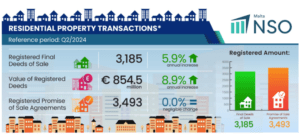
Renting, on the other hand, provides more flexibility, lower initial costs, and less responsibility for property upkeep. It is ideal for those who may be staying short-term or wish to get to know the island better before they commit to purchase. Ultimately, the decision should align with your financial readiness, lifestyle preferences, and future goals.
Location is key
Your choice of location will significantly impact your lifestyle in Malta. Here are some popular areas to consider:
- Valletta: The capital city, known for its historical significance and vibrant cultural scene. Ideal for those who appreciate history and urban living.
- Sliema and St. Julian’s: These bustling coastal towns offer a mix of shopping, dining, and nightlife. Perfect for expats and young professionals seeking a lively environment.
- Gozo: Malta’s sister island, known for its tranquil and laid-back lifestyle. Great for those looking for a quieter, more rural setting.
- Mellieha and St. Paul’s Bay: These northern towns provide beautiful beaches and a more relaxed pace of life, suitable for families and retirees.
- Lija, Attard and Balzan: Often referred to as ‘The Three Villages’ situated in central Malta. Fitting for individuals who need to travel around the island frequently and with ease.
Property Types
Malta offers a range of property types to suit different preferences:
- Apartments: Available in various sizes, from studios to spacious penthouses. Apartments are popular in urban areas and often come with present-day amenities.
- Houses of Character: These are highly sought after for their unique charm and historical significance, providing a living experience that is deeply connected to Malta’s cultural heritage.
- Townhouses: These properties offer a combination of traditional Maltese architecture and contemporary comforts. They are generally newer than houses of character, often from the late 19th to early 20th centuries, with a more uniform architectural style.
- Villas: Often found in more suburban or rural areas, villas provide luxury, privacy, and ample space, perfect for families or those seeking a more secluded residence.
- Farmhouses: Particularly in Gozo and rural Malta, farmhouses offer rustic charm and expansive grounds, appealing to those desiring a connection to nature.
Budget Considerations
The cost of property in Malta can vary widely depending on the location and property type. Urban areas like Sliema and St. Julian’s are generally more expensive than rural or less central areas. Establish a clear budget and consider additional costs such as property taxes and notary fees if you are purchasing, maintenance, and utilities.
Most houses would already have electricity and water supplies. For newly built properties, one would need to apply for these utilities through Arms Ltd.
One other consideration is the minimum property thresholds established by the chosen residence programme. We hereby outline the property requirements for Non-EU nationals seeking Permanent Residence in Malta:
- Rent a property for:
- €10K per year if the property is in Gozo or South of Malta
- €12K per year if the property is in Central or North of Malta
OR
- Purchase a property for:
- €300,000 if the property is in Gozo or South of Malta
- €350,000 if the property is in Central or North of Malta
On the other hand, if opting to apply for citizenship by investment in Malta, the minimum value to purchase a property is of €700,000, and when renting a property, it is of €16,000 annually.
Legal and Administrative Steps
Whether you decide to go for property rental or purchase, it is always prudent to appoint a property lawyer to oversee the property transaction and guide you accordingly.
Purchasing property in Malta involves several legal and administrative steps:
- Due Diligence: Conduct thorough checks on the property’s title and any potential encumbrances. This task is usually carried out by a notary who is usually appointed by the purchaser.
- Purchase Agreement: Once you find a property, a preliminary agreement (Konvenju) is signed, outlining the terms and conditions of the sale.
- Permits and Taxes: Non-EU citizens may require an Acquisition of Immovable Property (AIP) permit. Be aware of taxes such as stamp duty and property registration fees.
Lifestyle Considerations
When choosing your property, think about your lifestyle needs:
- Proximity to Amenities: Consider the property’s proximity to schools, healthcare facilities, supermarkets, and recreational areas.
- Transport Links: Ensure good connectivity to public transport or main roads if you plan to commute.
- Locality Atmosphere: Research the neighborhood’s community vibe and ambiance to ensure it aligns with your preferences.
Final Thoughts
Choosing the right property when setting up residence in Malta involves careful consideration of location, property type, budget, and residence programme requirement. By understanding the local market and aligning your choice with your lifestyle needs, you can find a property that not only meets your practical requirements but also enhances your living experience on this stunning Mediterranean island. Whether you seek the hustle and bustle of urban life or the serenity of a rural retreat, Malta offers a wealth of options to create your perfect home.

